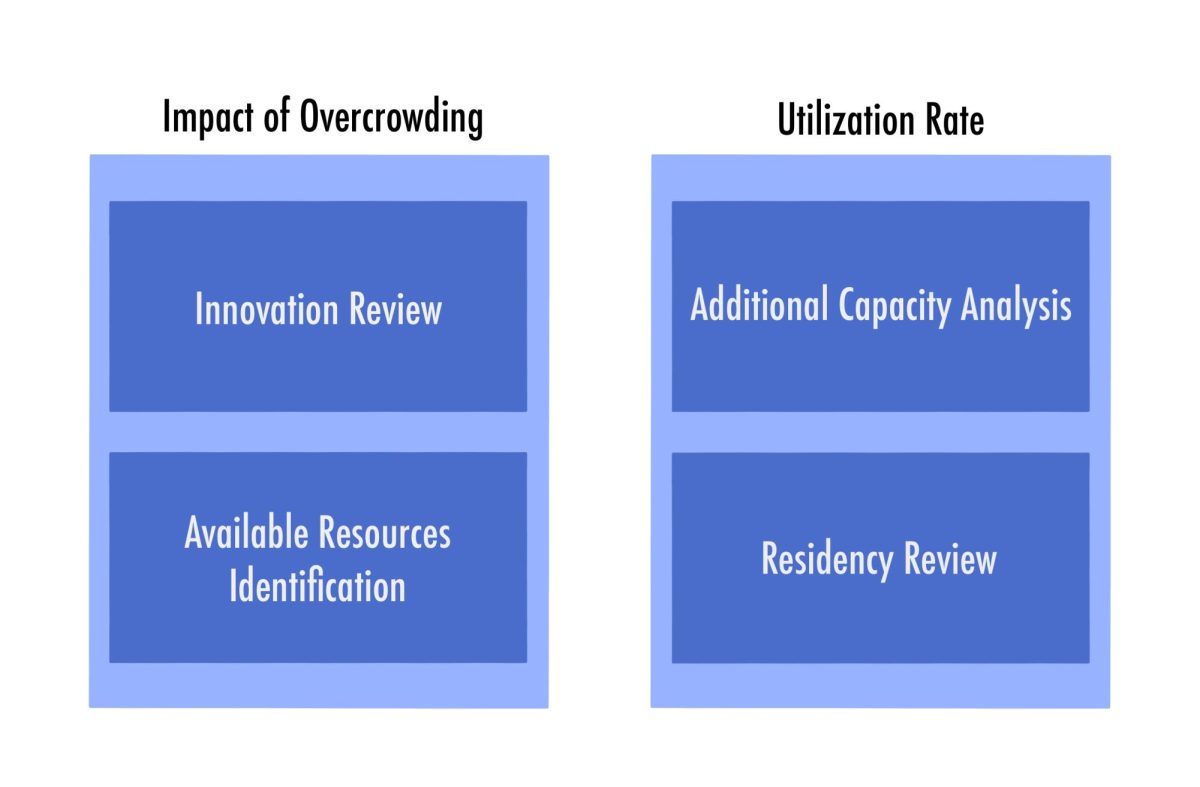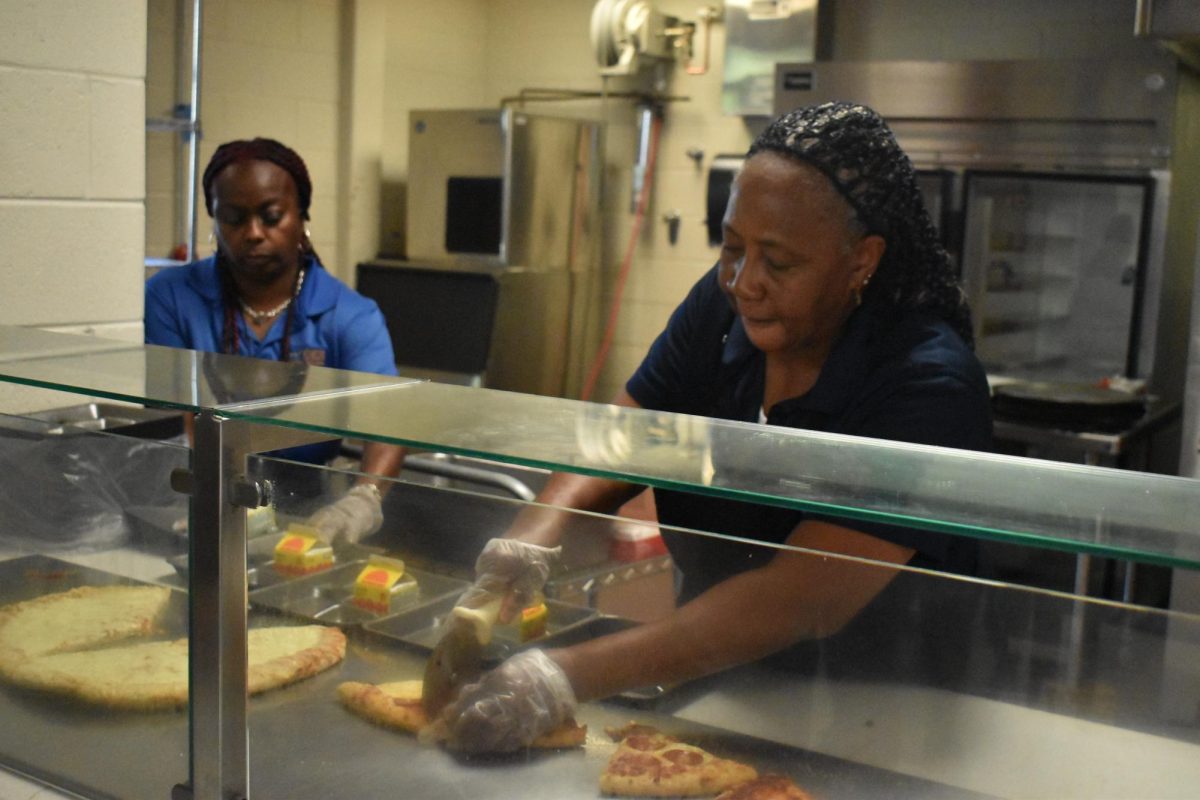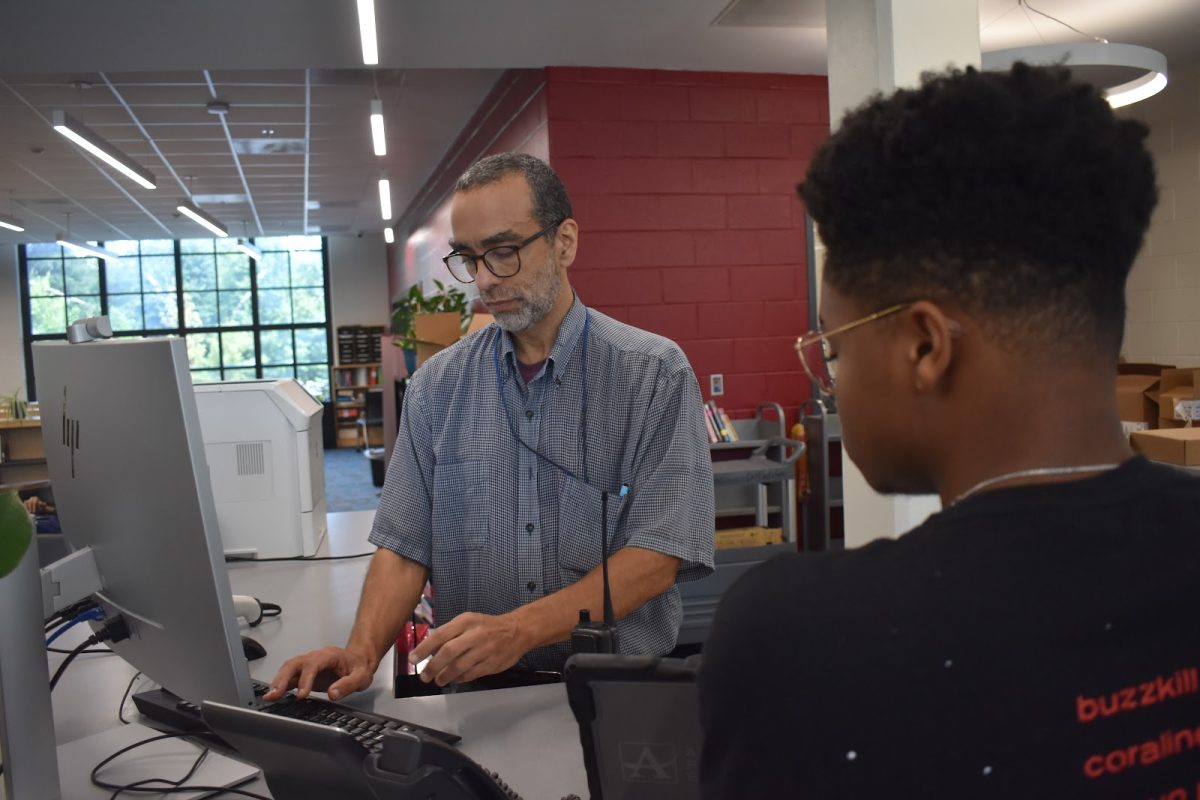Atlanta Public Schools is continuing efforts to alleviate overcrowding at Midtown through a non-rezoning strategy.
In March after student protests against the rezoning of the Centennial Academy from Midtown to Washington, the district formally adopted a plan to address overcrowding.
This scenario includes four strategies: a residency review for all current ninth, 10th and 11th grade Midtown students; a review of potential added space to Midtown; an innovation review for how to best relieve future overcrowding and a review of available resources to lessen the impact of overcrowding on Midtown.
“We heard one major theme across all clusters: Our communities do not want us to rezone, especially if we have not exhausted all other options,” Superintendent Dr. Lisa Herring said in a statement.
Midtown parent Marshall Norseng believes overcrowding in the Midtown district is becoming difficult to gauge with a growing population.
“Midtown overcrowding is really a subset of conversation that has been going on for decades,” Norseng said. “This is the first year in more than 20 years that no Midtown Cluster school has a portable [classroom]. That should be celebrated as progress, but as the city continues to grow, APS will be challenged to match school capacity to where people live.”
As a first step toward easing Midtown overcrowding, the residency review this year was conducted from March 20 to the end of June for all current ninth, 10th and 11th grade students, instead of the standard ninth grade registration process for Midtown students.
“Families are choosing to buy homes in town, some specifically to attend Midtown and other cluster schools,” Midtown parent Meredith Bass said. “I feel strongly that the district has done the right thing in address verification to remove students that should not be in the Midtown cluster, but rather should be attending their [zoned] school.”

While Bass believes the residency review is not as effective as potential redistricting in solving overcrowding, she still said it will help mitigate the issue.
“There is nothing innovative about address verification; parents have been asking for this for years during our elementary and middle school overcrowding,” Bass said. “However, I think that removing students through the residency review will alleviate numbers in the building. Long term, I think it can and will benefit other traditional APS high schools because the per-student dollars will follow those students to their home schools.”
Norseng said the review does not address the true problem.
“From my perspective, the residency review is the only thing that has actually been done, and it is a misguided distraction,” Norseng said. “Residency paperwork has always been required for entering ninth graders, and APS has done these residency reviews [for ninth graders] a few times in the cluster since we’ve been here, and it has always had a negligible impact on enrollment.”
Because of the residency review, several current Midtown students were redistricted out of the school zone, potentially including athletes on Midtown teams.
“The residency review has revealed some students whose primary, bona fide address are outside of the Midtown HS attendance zone,” APS said. “These students all provided proof of residency documents upon registration at Midtown HS. However, more in-depth verification has allowed the district to make accurate residency determinations and identify where families actually reside versus what was initially reported in the registration process.”
Midtown Athletic Director Blair Barksdale said there’s no way to predict what will happen to the rosters of Midtown athletic teams, even with the review.
“We [Midtown athletics] weren’t involved in the residency audit and all of those discussions; it’s all held downtown [at the district’s central office],” Barksdale said. “As far as athletics go, we don’t know how it will affect us yet; right now, the Georgia High School Association is working on looking at population numbers and where everybody’s going to [reclassify] in the region and state.”
Barksdale said athletic departments across the state whose schools also underwent the residency reviews are in the same situation as the Midtown athletic department.
“For other schools that went under the residency audit, their athletic directors are in the same boat,” Barksdale said. “We had a meeting this week, and we don’t know [what will happen] because residency is handled [with the APS Office of Student Assignments and Records].”
The district conducted additional capacity analysis during the end of the second semester last year, which reviewed using existing space or adding space to Midtown, and is currently leading available resource identification to help relieve overcrowding. Bass believes these attempts should focus specifically on school staff.
“I think without teachers, there is no school; same goes for the bus drivers, custodial staff and cafeteria [staff],” Bass said. “Boots on the ground are what matter in teaching, not central offices. Provide a teacher with a safe, comfortable workspace, and 99% of these teachers will come to work ready and eager to teach their students.”
The district is also in the process of conducting an innovation review, where Midtown will work with the Office of Innovation, Improvement, and Redesign. For August and September, Midtown and the district office will work to develop potential solutions to help alleviate overcrowding further, and the district ultimately hopes to cohesively bring the solutions together.
“The design team will engage in design thinking charrettes [during August and September] in order to bring together diverse perspectives in service of determining viable solutions [for capacity and overcrowding challenges beyond this year],” the district said in its innovation timeline. “In mid-October, the team will present the solutions that arose from the design thinking charrettes.”
Bass believes that, because of Midtown’s staff and expertise, innovation work can go a great way to diminish overcrowding in the future.
“I do know that Midtown has some of the very best administrators in the business of education, [and] if anyone can be innovative, it is the staff and principals at Midtown,” Bass said. “As long as they have the money and staff to support their visions, they can implement them.”





















